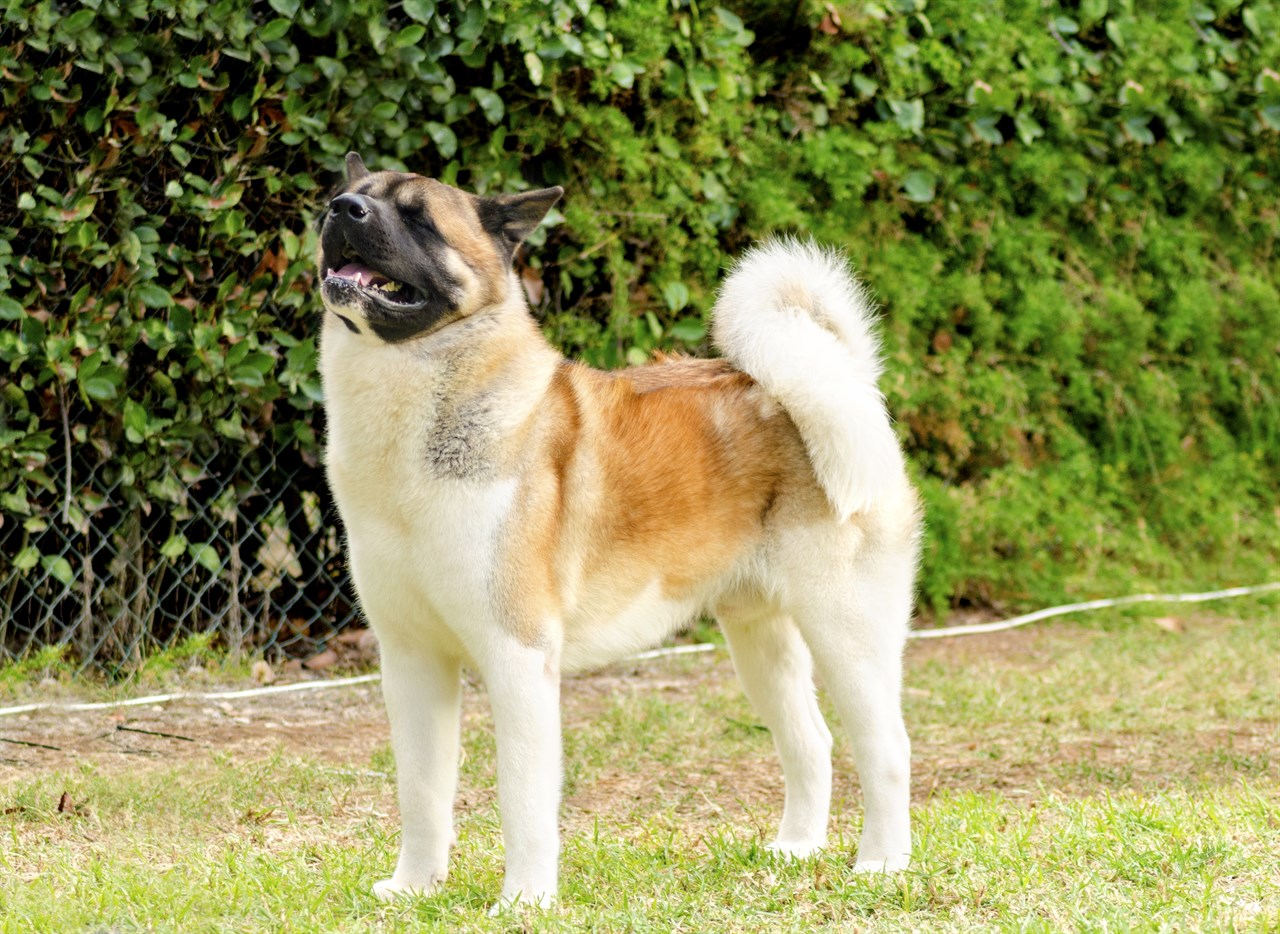Culinary Royalty: Nourishing the American Akita with Care and Precision

The American Akita, a majestic breed with regal poise, deserves a diet that matches its stature and nutritional needs. Understanding the feeding habits and dietary requirements of the Akita is pivotal for maintaining their health, vitality, and overall well-being.
Nutritional Foundations: Crafting a Balanced Diet
The foundation of an Akita's diet lies in providing a well-balanced and nutritionally dense meal. A high-quality commercial dog food designed for large breeds can offer the essential nutrients required for their growth, energy, and overall health. Look for options that include real meat as the primary ingredient.
Protein Power: Essential for Muscle Health
Protein is a crucial component in the Akita's diet. It supports muscle development, maintenance, and overall strength. Look for dog food with a protein content of around 20-30%, derived from high-quality sources such as meat, fish, or poultry.
Moderate Fat Intake: Energising the Akita
While Akitas benefit from a moderate fat intake, it's important to choose sources of healthy fats. Fats contribute to energy levels and the health of their skin and coat. Opt for dog food with a fat content ranging from 8-15%, with a mix of omega-3 and omega-6 fatty acids.
Carbohydrates in Moderation: Supporting Energy Needs
Carbohydrates play a role in providing energy, and a moderate amount in the Akita's diet is suitable. Look for dog food that includes whole grains, vegetables, and fruits to provide a balance of carbohydrates and essential vitamins and minerals.
Feeding Schedule: Consistency is Key
Establishing a consistent feeding schedule is beneficial for Akitas. Adult Akitas typically do well with two meals a day, while puppies may require more frequent feeding. Consistency in meal times helps regulate their digestive system and contributes to overall well-being.
Weight Management: Tailoring Portions
Akitas have a tendency to gain weight, so monitoring their food intake and maintaining an ideal weight is crucial for their health. Adjust portions based on age, activity level, and individual metabolism. Regularly check their body condition and consult with a veterinarian to determine the optimal feeding plan.
Hydration: Quenching the Noble Thirst
Providing access to fresh, clean water is paramount. Akitas, like all dogs, require proper hydration to support bodily functions, digestion, and overall health. Regularly check water bowls to ensure a continuous supply of fresh water.
Questions and Answers
How much should I feed my Akita?
The amount of food an Akita needs depends on factors such as age, weight, activity level, and metabolism. Generally, adult Akitas may require around 3-5 cups of high-quality dog food per day, divided into two meals.
Are there specific foods Akitas should avoid?
Akitas may have sensitivities or allergies to certain ingredients. Avoid feeding them foods that are toxic to dogs, such as chocolate, onions, garlic, and grapes. Consult with a veterinarian to determine specific dietary restrictions based on your Akita's health.
Nourishing the American Akita is an art that blends science and care. Tailoring their diet to meet their specific needs ensures they thrive in health and vitality, reflecting the regal demeanour that defines this majestic breed. Regular consultations with a veterinarian can further refine their dietary plan and contribute to a lifetime of well-fed royalty.
American Akita puppies for sale
- Find American Akita puppies for sale in ACT
- Find American Akita puppies for sale in NSW
- Find American Akita puppies for sale in NT
- Find American Akita puppies for sale in QLD
- Find American Akita puppies for sale in SA
- Find American Akita puppies for sale in TAS
- Find American Akita puppies for sale in VIC
- Find American Akita puppies for sale in WA